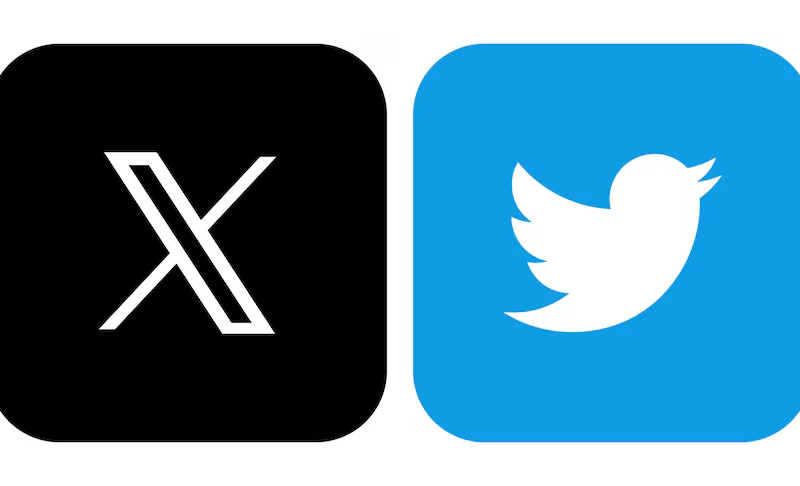Concerned about potential scams when buying or selling on Facebook Marketplace? We’ve compiled a list of the most prevalent Facebook Marketplace scams and provide guidance on recognizing and preventing them.
If you’re engaged in buying or selling items on Facebook Marketplace, exercise caution with scammers. When sending items through mail, always employ a tracking number and refrain from dispatching the product until payment is received. Below, we outline the prevalent Facebook Marketplace scams and provide guidance on avoidance and reporting.
Alongside Craigslist and eBay, Facebook Marketplace has emerged as a prominent platform for individuals to trade personal items online. One of its key draws is the absence of listing fees.
However, the platform’s widespread use has also made it a magnet for fraudulent activities. Fortunately, with the right awareness, spotting scammers is not a difficult task. Equip yourself with information about the prevalent indicators of Facebook Marketplace scams to ensure secure buying and selling experiences.
What constitutes Facebook Marketplace scams?
Scammers on Facebook employ various tactics to pilfer your funds or personal information. Contemporary cybercriminals frequently employ social engineering techniques to deceive unsuspecting individuals. By capitalizing on a victim’s desire for the best bargain, a scammer can manipulate them into a false sense of security
Common Facebook Marketplace Scams
Fake Payment Receipts: Scammers use phony payment receipts to trick sellers into shipping items before payment is received. Always wait for verified payment confirmation, especially when using Facebook Checkout or PayPal.
How to Avoid Fake Payment Receipts: To protect yourself from scams on facebook marketplace, remember that using services like PayPal, Zelle, or Venmo provides you with instant payment verification, eliminating the need to rely solely on the buyer’s word.
Overpayment Scams: Buyers overpay for items using checks, then request a refund for the excess. Be cautious of check payments and avoid refunding until payments clear.
How to Avoid Overpayment Scams: To prevent falling for scams, always decline any overpayments, as they are almost certain to be fraudulent.
Bootleg or Broken Items: Be wary of heavily discounted tech or designer goods, as they may be damaged, fake, or stolen.
How to avoid Bootleg or Broken Items Scam: Power up the phone, tablet, laptop, game console, or any other device and verify that it can hold a charge and boot up successfully.
Advanced Payment Requests: Some sellers may ask for upfront payments to reserve items. Beware, as they may not intend to deliver the product, especially if they’re doing this with multiple buyers.
Shipping Scams: Buyers may convince sellers to send items first, only to disappear without payment. Also, watch out for sellers who request shipping payment but never send the item.
How to Avoid Shipping Scams and Advanced Payment Requests: Do not agree to make payment for an item before you have actually received it. If the seller persists in pressuring you or suggests an urgent need for upfront payment, it’s likely a scam
Off-Platform Conversations: Avoid moving conversations away from Facebook, as it can limit your proof of communication and trustworthiness.
How to Safeguard Yourself from Facebook Marketplace Scams
We’ve thoroughly explored the common scams on Facebook Marketplace and offered protection advice for each in their respective sections. Here’s a brief summary of key safety measures for your Facebook Marketplace transactions:
- Prefer local buyers/sellers.
- Share personal information sparingly.
- Make sure to choose safe payment options, such as PayPal or cash-on-delivery.
- Inspect items in person before making payments.
- Exercise caution with deals that seem too good to be true.
- Review comments on listings for user warnings.
- Report any suspicious listings, buyers, or sellers to Facebook.
How to Report a Facebook Marketplace Scam
If you suspect a scam while using Facebook Messenger, it’s crucial to cease communication with the buyer or seller and report the incident to Facebook.
When you come across a potentially fraudulent listing on Facebook, follow these steps:
- Open the listing.
- Click the three-dot menu located to the right of the Share button.
- From the dropdown menu, select ‘Report listing.’
If you encounter a potential scammer as a seller, take these actions:
- Find the module titled ‘Seller information’ on the right-hand side of the listing.
- Hover over the seller’s name.
- Click ‘Report.’
- Choose ‘Scam,’ and then follow the provided instructions to submit your scam report.
TechAroundNow is a blogging website that centers on the latest technology and marketing innovations and trends, aimed at assisting individuals and businesses across the globe since 2021. TechAroundNow continues to serve as a reliable source for staying up-to-date with the ever-evolving landscape of technology and marketing, ultimately fostering growth and success in the digital era.


